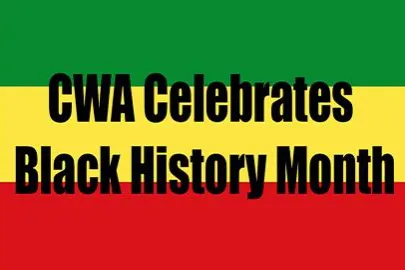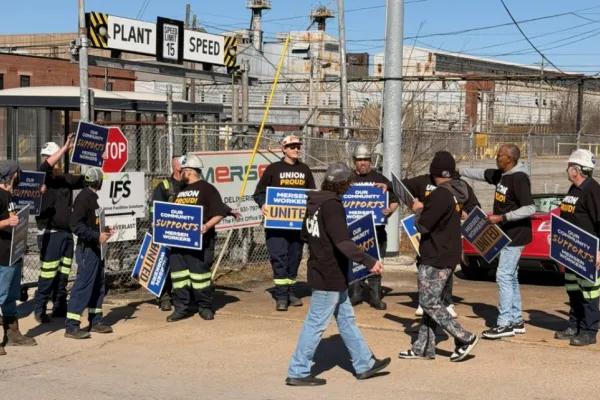AT&T Legacy T Bargaining Report #9
Today, the Union proposed increasing the bi-lingual differential. This affects several articles and is important to people in some of our call centers that must work in two languages.
We also rejected three of the Company’s proposals:
- Their new “no strike clause” - Article 9 is already clear that the grievance and arbitration and mediation “provide the mutually agreed upon and exclusive forums for resolution and settlement of employee dispute during the term of the contract.” There is absolutely no need to add “no strike” language to the Contract except that the Company wants to say they have one. REJECTED.
- Their proposal to increase the temporary assignment language, transfer language and relocation language in Article 24 and 16 from 35 miles to 50 miles - If anything, commutes over 35 miles have gotten worse, not better. This proposal also increases the Company’s ability to force transfer our members outside the GCA without having to offer Article 24 if there are no volunteers. REJECTED
- Their proposal to completely change our Monitoring letter - We told them the current language not only protects our members but already gives the Company the latitude to improve service. If Managers would start doing their jobs and coach people in meaningful ways instead of using coaching as a club, the customers would be better served. We could never accept a proposal that explicitly gives the company the right to discipline. REJECTED.
We’re sure the Company will bring some of these back to the table in a second pass so do not assume they are gone forever.
Your Locals were sent information on conducting a strike vote over the next two weeks. As you know, a strong strike vote is crucial to your bargaining team. We need the power to beat back the attacks on our pensions, benefits, absence and disability language and other changes. Make sure you give us a strong YES vote.
In honor of St. Patrick’s Day, below is a quote from Mary Harris “Mother” Jones. Born in County Cork Ireland in 1837 she began working as an organizer for the Knights of Labor and the United Mine Workers Union. In 1902 she was called "the most dangerous woman in America" for her success in organizing mine workers and their families against the mine owners. In 1903, upset about the lax enforcement of the child labor laws in the Pennsylvania mines and silk mills, she organized a Children's March from Philadelphia to the home of then President Theodore Roosevelt in New York.
“The first thing is to raise hell,” says I. “That’s always the first thing to do when you’re faced with an injustice and you feel powerless.”
Your bargaining team,
Bill Bates
Laura Unger
Lois Grimes-Patow
Isa Shabazz
Martha Flagge
Mary Ellen Mazzeo
LaNell Piercy
Roy Hegenbart
Cindy Neumeyer
Read more at: http://www.cwa-union.org/news/entry/att_legacy_t_bargaining_report_92
Graphic Audio First Contract Negotiations: 02/24/2026
Get Involved: CWA Black History Month Town Hall


